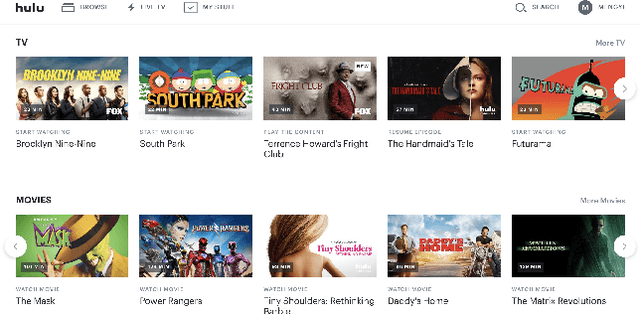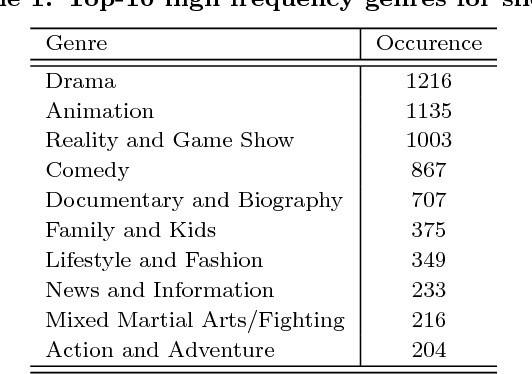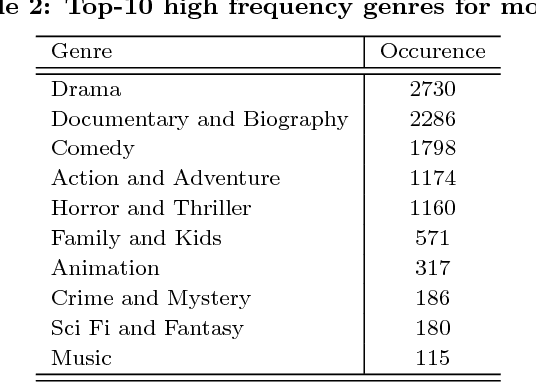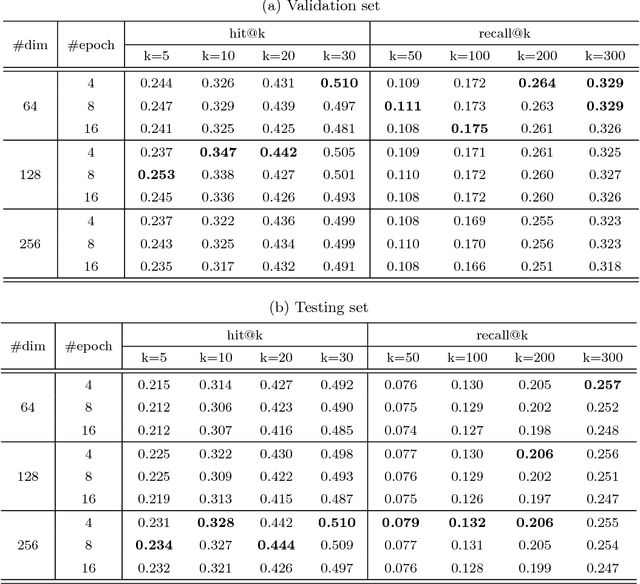Content-based Video Relevance Prediction Challenge: Data, Protocol, and Baseline
Paper and Code
Jun 03, 2018



Video relevance prediction is one of the most important tasks for online streaming service. Given the relevance of videos and viewer feedbacks, the system can provide personalized recommendations, which will help the user discover more content of interest. In most online service, the computation of video relevance table is based on users' implicit feedback, e.g. watch and search history. However, this kind of method performs poorly for "cold-start" problems - when a new video is added to the library, the recommendation system needs to bootstrap the video relevance score with very little user behavior known. One promising approach to solve it is analyzing video content itself, i.e. predicting video relevance by video frame, audio, subtitle and metadata. In this paper, we describe a challenge on Content-based Video Relevance Prediction (CBVRP) that is hosted by Hulu in the ACM Multimedia Conference 2018. In this challenge, Hulu drives the study on an open problem of exploiting content characteristics directly from original video for video relevance prediction. We provide massive video assets and ground truth relevance derived from our really system, to build up a common platform for algorithm development and performance evaluation.
 Add to Chrome
Add to Chrome Add to Firefox
Add to Firefox Add to Edge
Add to Edge